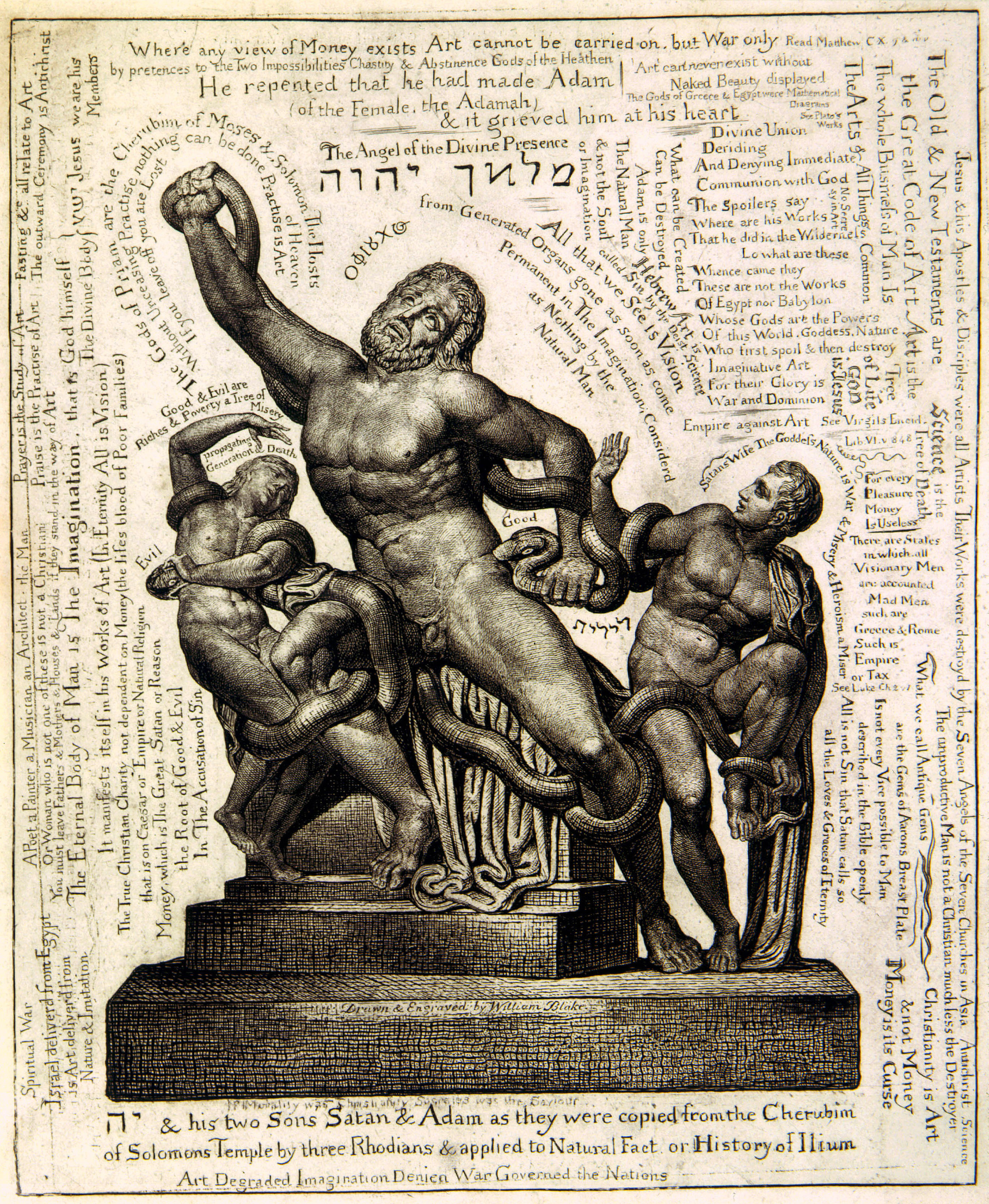It is refreshing to read Blake criticism from a scholar who thinks with a psychological perspective. Norvig is a qualified clinical psychologist as well a professor of English literature. Her book was assembled over a period of twenty years during which she was refining her understanding of Blake and of the human psyche. She sees Blake's development as being a process in which he gained the self-understanding which allowed him to understand the process through which Bunyan produced Pilgrim's Progress.
Norvig says "When in the following chapters I explore Blake's psychologizing of Bunyan's myth, I draw often, as mentioned in the preface, on the vocabulary of Jungian and post-Jungian theory to articulate some of Blake's most characteristic moves. What led me to choose the Jungian perspectives of analytical and archetypal psychology for this task is that the central vision of these approaches so clearly echoes the conception of the imagination dominating Blake's every word and every stroke of graphic expression...
for both Blake and the Jungians, "imagination is not a state" (M 32, E132/K522), nor is it just one of the many faculties of the mind; rather, it is the root capacity conditioning all mental functioning. [Page 17]..
"For him, too, the archetypal structures, functions, fictions and images of the human imagination have both primacy over and ontological independence from the psychodynamics of any individuals case history. Thus his statement that "The Eternal Body of Man is the IMAGINATION that is God himself The Divine Body...JESUS we are his Members" (Laocoon, E273/K776) creates a picture of the psyche as larger than the body and life of the the individual subjects who articulate it." [Page 18]
 Bringing these strategies to bear in discerning the meaning which Blake perceives in Bunyan's allegory and presents through images of archetypal experiences, Norvig reveals Bunyan and Blake delving into the collective psyche.
Bringing these strategies to bear in discerning the meaning which Blake perceives in Bunyan's allegory and presents through images of archetypal experiences, Norvig reveals Bunyan and Blake delving into the collective psyche.Blake's Laocoon
Text on Laocoon
No comments:
Post a Comment